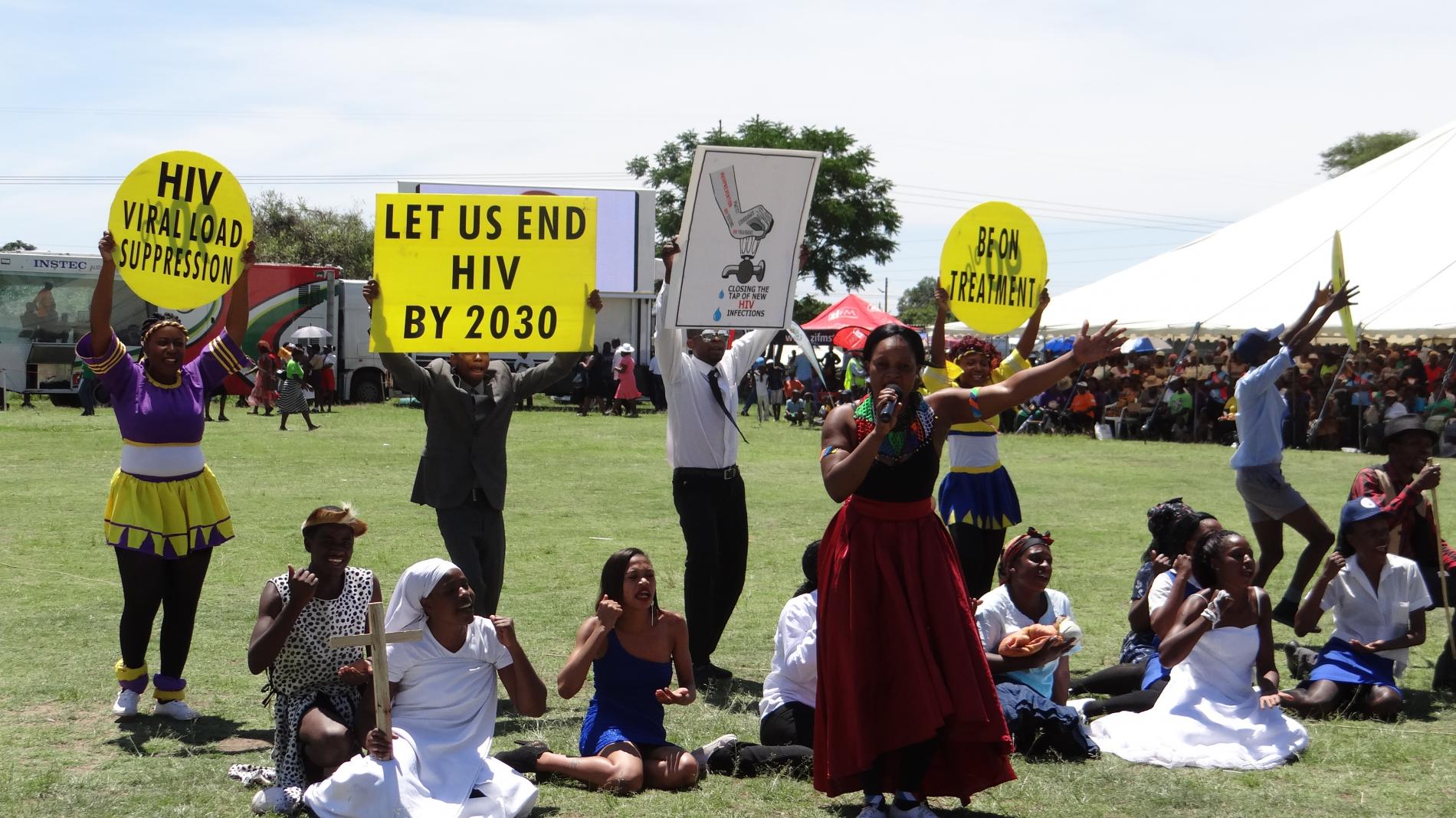How far has Zimbabwe gone in combating HIV/AIDS?
As the world commemorates the World AIDS day on 1 December, we take stock to look at how far has the country gone in combating HIV/AIDS.
According to the National Aids Council (NAC), the country has made good progress in achieving the 90-90-90 targets by 2020 set by UNAIDS as a global push to end AIDS.
The targets were to ensure that 90% of all people living with HIV would know their HIV status, 90% of all people with diagnosed HIV infection would receive sustained antiretroviral therapy and 90% of all people receiving antiretroviral therapy would have viral suppression by 2020.
Below is a table with the set targets and how far Zimbabwe has gone in attaining those goals.
| Goal | UNAIDS Target | Zimbabwe’s Progress |
| All people living with HIV will know their status by 2020 | 90 percent | 94.6 percent |
| All people with diagnosed HIV infection will receive sustained antiretroviral therapy | 90 percent | 99.5 percent |
| All people receiving antiretroviral therapy will have viral suppression | 90 percent | 89.9 percent |
What is the current prevalence rate?
HIV prevalence – 11.9% (1,277,600 people)
HIV incidence – 0.27% (24,900 people)
AIDS related deaths – (22,200 people)
NAC says that between 2016 and 2020, the number of new HIV infections has fallen from 40,900 to 24,900, while that of people living with HIV has slightly fallen from 1,278,800 to 1,277,600. At the same time, the number of people dying of AIDs has fallen from 25,700 to 22,200.
NAC said Zimbabwe is now pursuing the 95-95-95 by 2025 targets.
The current areas of focus in pursuit of 2025 targets according to NAC include reducing new HIV infections among adults, adolescents, and young people (15-24 years) and children 0-14 years by 80% by 2025; reduction of AIDS deaths by 80% by 2025; and to attain zero HIV stigma and discrimination.
Government is also set to decriminalise the wilful transmission of HIV as set out in section 79 of the Criminal Law ( Codification and Reform Act) which states that, “ (1) any person who
(a) Knowing that he or she is infected with HIV; or
(b) realising that there is a real risk or possibility that he or she is infected with HIV; intentionally does anything or permits the doing of anything which he or she knows will infect, or does anything which he or she realises involves a real risk or possibility of infecting another person with HIV, shall be guilty of deliberate transmission of HIV, whether or not he or she is married to that other person, and shall be liable to imprisonment for a period not exceeding twenty years.”
Experts and advocates say the law must be repealed as it fuels stigma and discrimination against those who are infected, and it is difficult to ascertain or show evidence of who is behind the infection. The repeal is being made through the Marriages Bill which is now awaiting Presidential assent.
Do you want to use our content? Click Here












